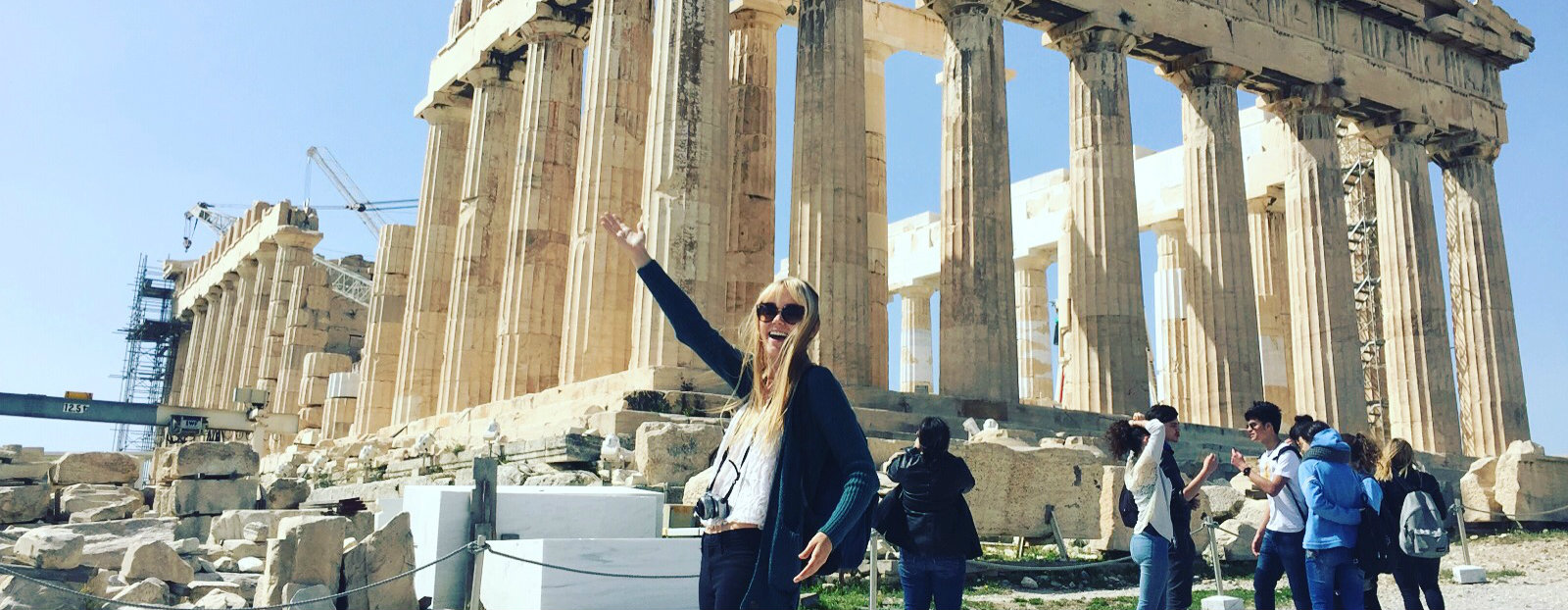
BCLA Global Immersion Courses are on-campus classes, which each include a week-long abroad trip. With a Global Immersion Course, you can get out of the classroom to study a topic in-depth at the source with faculty experts. Most classes are open to all students, many fulfill at least one core requirement, and need-based financial assistance is available to help you go. If you want an abroad experience but cannot commit to a full semester program, or you want an international perspective on your major course of study, a BCLA Global Immersion Course is a great way to grow your global imagination.
DETAILS
- Courses are 1 to 4 units, like standard BCLA courses.
- Most course trips take place over spring break.
- A lab fee covers airfare, lodging, and activities for the trip. Questions regarding financial aid can be directed to Lauren.Sinclair@lmu.edu.
HOW TO REGISTER
- Register through PROWL as you would for a typical course.
- Reach out to the professor directly to ask questions about the course content or trip details.
SPRING 2026 GLOBAL IMMERSION COURSES
- "Mexican Philosophy," PHIL 3998, Marcela García Romero (Mexico City, Mexico)
- "Pilgrimage: Psychological and Spiritual Well-Being," PSYC 3998, Joe LaBrie (Spain- Route of Camino de Santiago)
- "Religion, Culture and Society," SOCL 4110/ CATH 4998, Rebecca Sager (Dublin, Ireland)
- "Chinese 2," "Chinese 4," "Chinese 6," "Chinese 8," CHIN 1102, CHIN 2104, CHIN 3106, CHIN 4108, Xiaojing Sun (Beijing & Xi'an, P.R.China)
- "Modern Greek Theater: Influences and Performance," MDGK 3348, Christina Bogdanou (Athens, Greece)